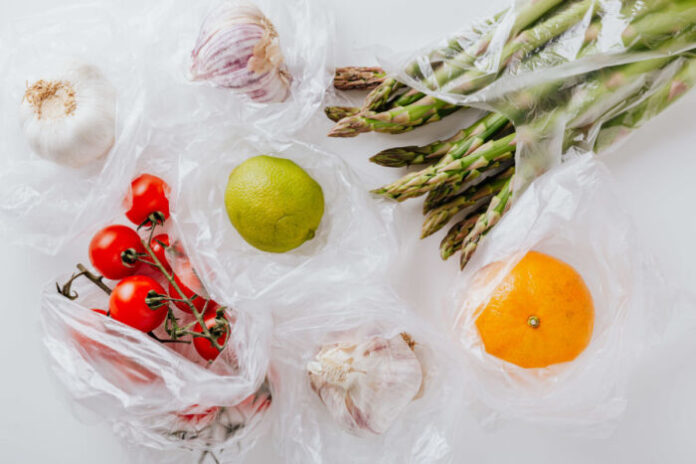
Packaged fruit and vegetables can finally breathe thanks to a new technology developed by researchers at the University of Basilicata. The device, called Blow Device, is applied on traditional or biodegradable plastic fresh food packaging and promotes gas exchange with the external atmosphere, prolonging the conservation of the packaged product, up to doubling it in some cases.
The innovative technology was developed within the “MyPack” project which, funded by the European Commission within the Horizon 2020 program, brings together 21 research bodies and private companies in a European partnership, including the University of Basilicata with the group of “Machines and plants for the food industries” of the School of Agricultural, Forestry, Food and Environmental Sciences (Safe). Project managers for Unibas are Professor Giovanni Carlo Di Renzo and Ninetek Innovations for Agro-industry, a university spin-off that operates in a Safe laboratory under the coordination of researcher Francesco Genovese.
The Blow device has dimensions comparable to those of a 5 cents coin and is applied on the package containing the fruit and vegetable product, whether it is a plastic bag or a polystyrene tray covered with film. Thanks to its particular microstructure, this device manages the gaseous exchange between the inside and outside of the packaging in conditions of cold storage, avoiding the total consumption of oxygen available for the fruit and vegetable product.
In this way, the modified atmosphere initially present in the package is kept constant enough to reduce the degradation phenomena and fermentations caused by excessive exposure to conditions of oxygen deficiency and accumulation of carbon dioxide. In some cases, the life of the product can be extended by 100%.
The research and development activities carried out in Unibas’s “MacLab1” laboratory have enabled the characterization of the innovative device’s behavior in different applications on fruit and vegetables, including ready-to-eat salads, rocket, strawberries, cherries, table grapes . Blow, in fact, is designed to be developed in the material that best matches with that of the packaging, precisely to preserve the life of the product longer regardless of the type of packaging used to pack it. So far, the device has so far been made of fossil-based plastic materials and bioplastics (MaterBi and PLA).
With the contribution of the spin-off, the design, assembly and development of a machine prototype for the application of “BlowDevice” on the packaging films usually used in the food industries were also developed.
The next phases of the project foresee the technological transfer of innovation to the producers of ready-made salads and other fruit and vegetable products, which have already been interested in the use of the patent and the know-how relating to the packaging of the fruit and vegetables in a modified atmosphere.
The University of Basilicata and the research group coordinated by Prof. Giovanni Carlo Di Renzo are very active in the study of technological and plant innovations for the post-harvest of fruit and vegetables. In recent years, attention has been paid to the development of systems for the management of products at controlled temperatures and atmospheres and a technology capable of allowing packaging in a modified atmosphere, without bringing the product into anoxic conditions.
These breathable packages could represent a turning point in the field of the fight against food waste. Increasing the shelf life of some products up to more than 100% would mean not only less fruit and vegetables that end up in the trash but also a lot of plastic hand to be recycled, with many advantages for the environment and the wallet.



































